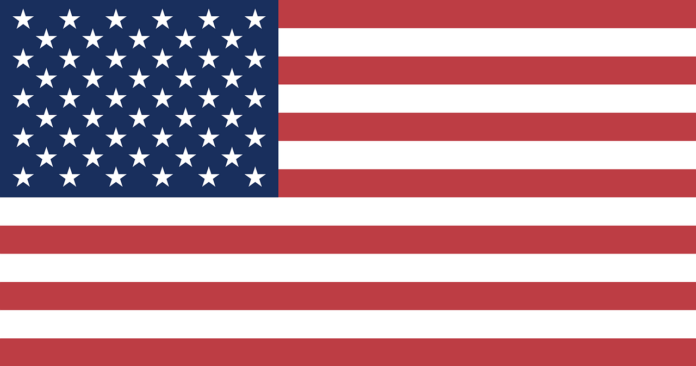Introduction
Navigating the challenges of substance use disorders and rehabilitation can be particularly daunting for military personnel, veterans, and their families. Understanding the resources available through TRICARE—one of the largest healthcare programs for military members and their dependents—can make a significant difference. This comprehensive guide aims to illuminate the rehabilitation options available to those covered by TRICARE, ensuring that you can find the support you need when it matters most. In this article, we will cover everything you need to know about rehabs that accept TRICARE, from coverage details to finding the right facility.
Understanding TRICARE Coverage for Rehabilitation
TRICARE offers several plans, including Prime, Select, and Reserve Select, each with varying coverage options. Generally, TRICARE covers a range of rehabilitation services, including:
- Substance Use Disorder Treatment: Coverage includes both inpatient and outpatient rehabilitation for alcohol and drug dependencies.
- Mental Health Services: TRICARE supports mental health services related to addiction, ensuring a holistic approach to recovery.
- Post-Surgical Rehabilitation: Necessary for recovery after surgeries, this service is also covered under TRICARE.
Frequently Asked Questions
- Does TRICARE cover rehab? Yes, TRICARE covers rehabilitation services for substance use disorders.
- Does TRICARE cover alcohol rehab? Alcohol rehabilitation services are covered, subject to specific plans and requirements.
- Does TRICARE cover drug rehab? Yes, drug rehabilitation is included in TRICARE’s coverage.
It’s important to note that there may be coverage limitations, and certain services may require referrals or prior authorization. Dependents are also eligible for these benefits, ensuring that families can access necessary care.
Types of TRICARE-Approved Rehabilitation Facilities
When looking for rehabilitation options, it’s essential to know the types of facilities that TRICARE approves:
- Inpatient Rehabilitation Centers: These are facilities where individuals stay overnight for intensive treatment.
- Outpatient Programs: These allow patients to receive treatment while living at home.
- Partial Hospitalization Programs: Offering a middle ground, these programs provide structured treatment during the day.
- Residential Treatment Facilities: These provide a longer-term living situation for those needing comprehensive support.
Choosing TRICARE-approved rehab facilities is crucial for maximizing your coverage, as non-approved facilities may result in higher out-of-pocket costs. Look for programs specifically designed for various substance use issues, such as alcohol and opioid dependence, to ensure the best fit for your needs.
How to Find Rehabilitation Centers That Accept TRICARE
Finding the right rehabilitation center can be straightforward if you know where to look:
- TRICARE Provider Directory: Start with the online directory to find approved facilities in your area.
- Contact Regional Contractors: Each region has contractors who can provide information on available services.
- Work with Primary Care Managers: Your PCM can assist in guiding you through the process and making referrals.
- Utilize Military Treatment Facilities: Many military bases have facilities offering rehabilitation services.
In emergencies, TRICARE provides expedited access to care. If you’re searching for “rehab that accepts TRICARE in South Carolina” or any specific location, ensure to include your state or city in your search for best results.
The Admission Process for TRICARE-Covered Rehabilitation
Accessing rehabilitation services involves several steps:
- Assessments and Referrals: Before admission, you’ll typically need an assessment to determine the appropriate level of care.
- Prior Authorization: Many services require prior authorization, a process that your facility can assist with.
- Documentation: Prepare necessary documents, including your TRICARE information and any medical records.
Understanding the difference between direct admission and referral processes is crucial, as this can affect how quickly you receive care. Be aware of potential costs, copays, and out-of-pocket expenses associated with your treatment.
Case Examples and Success Stories
Consider the story of a veteran named John, who struggled with alcohol dependency after returning from deployment. With the help of TRICARE, he found an inpatient rehabilitation center that provided the support he needed. Through therapy and group sessions, John made significant progress and has been sober for over a year. His journey illustrates the effectiveness of TRICARE-supported rehabilitation, emphasizing the importance of seeking help.
Additional Resources and Support
Beyond rehabilitation centers, several resources are available for military members and their families. Consider reaching out to:
- Military OneSource: Offers various support services for mental health and substance use.
- National Suicide Prevention Lifeline: Available 24/7 for those in crisis.
- Substance Abuse and Mental Health Services Administration (SAMHSA): Provides a wealth of information on recovery resources.
TRICARE also offers complementary benefits that may support recovery, including counseling and therapy services. If you face challenges with coverage, advocacy resources are available to help you navigate the system.
Get Help Today
Seeking help for substance use disorders is a courageous step, and quality rehabilitation options are available through TRICARE. This guide aims to empower military members, veterans, and their families with the knowledge to access necessary care. If you or a loved one is in need of support, don’t hesitate to take action. Recovery is possible, and the resources you need are within reach.


